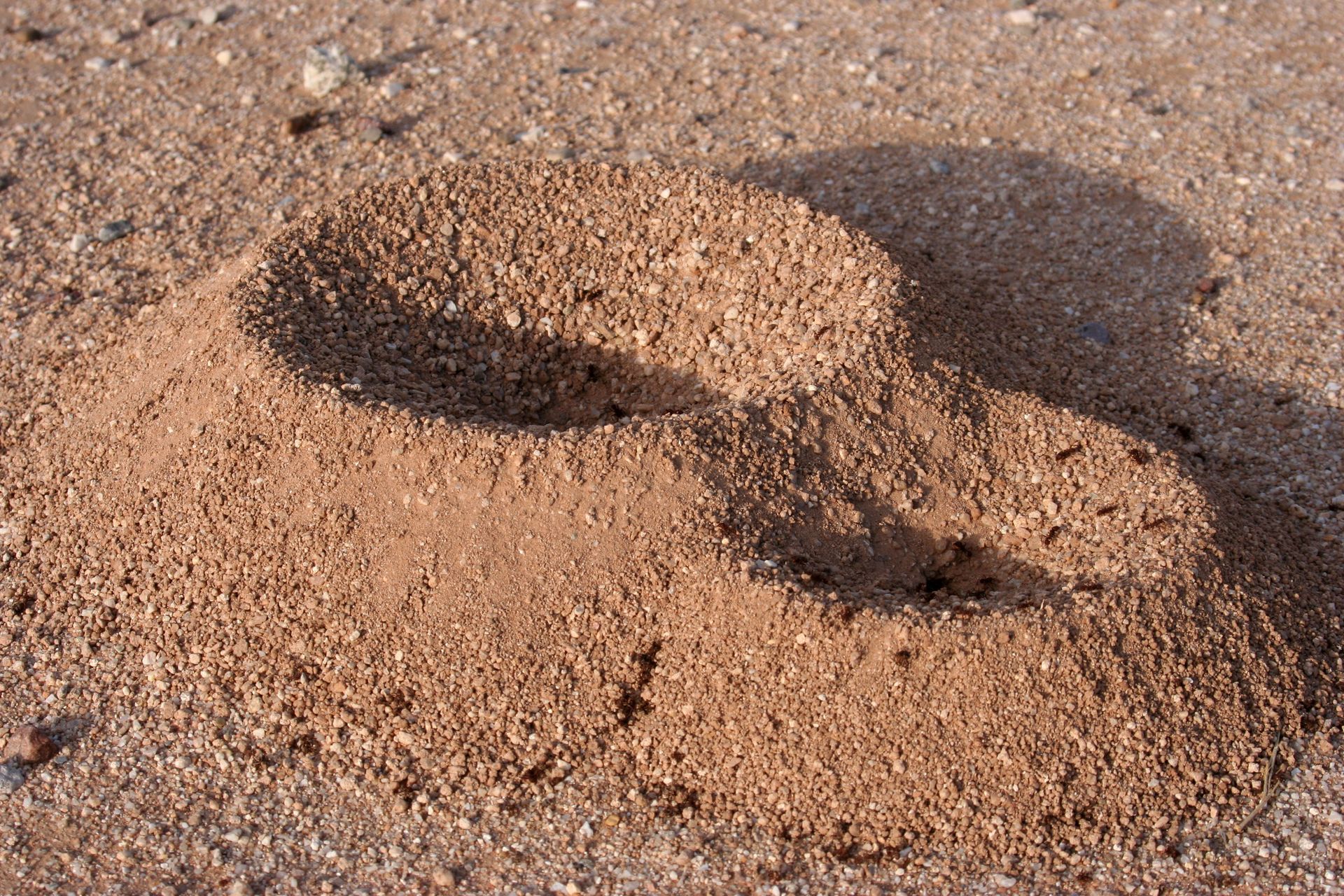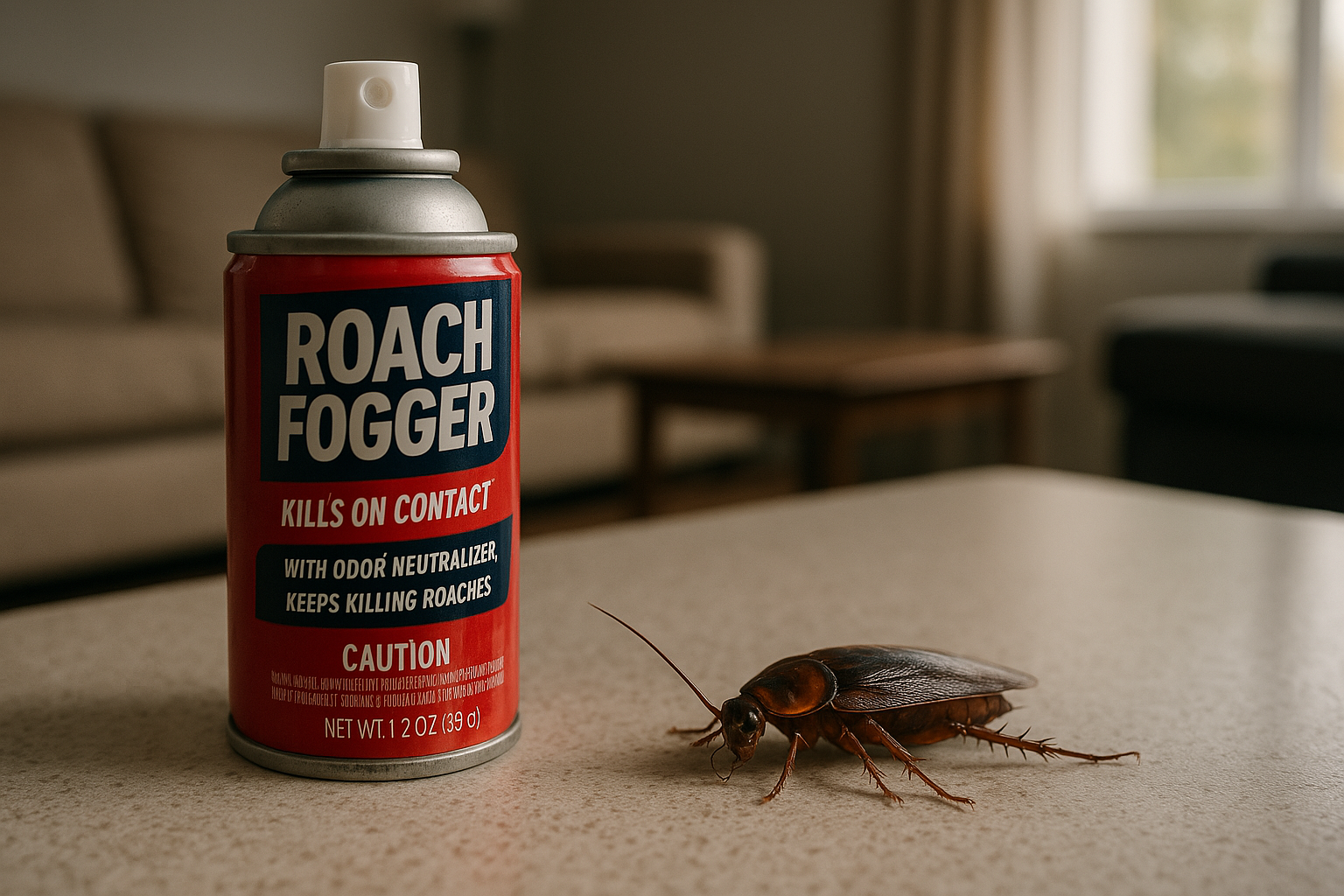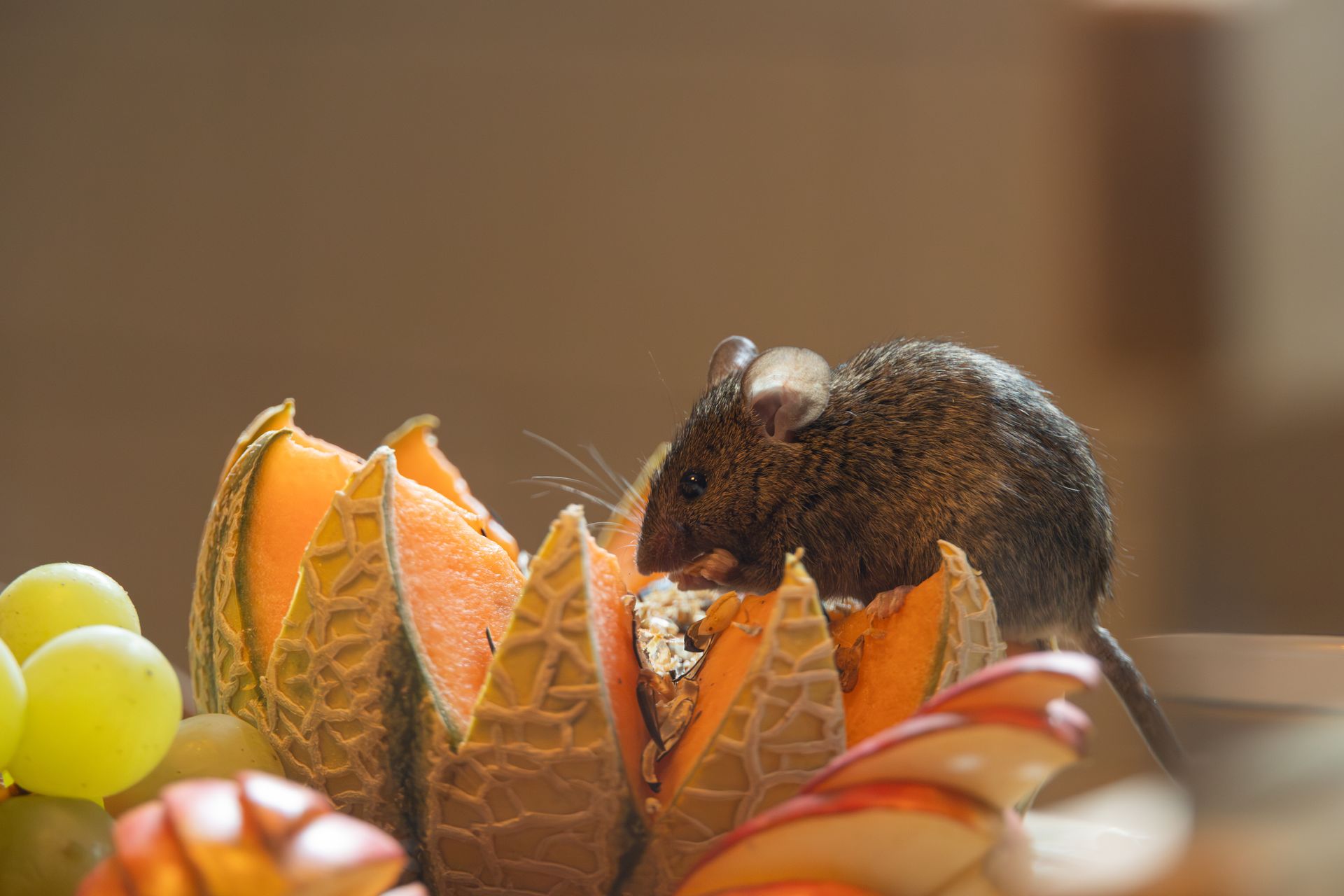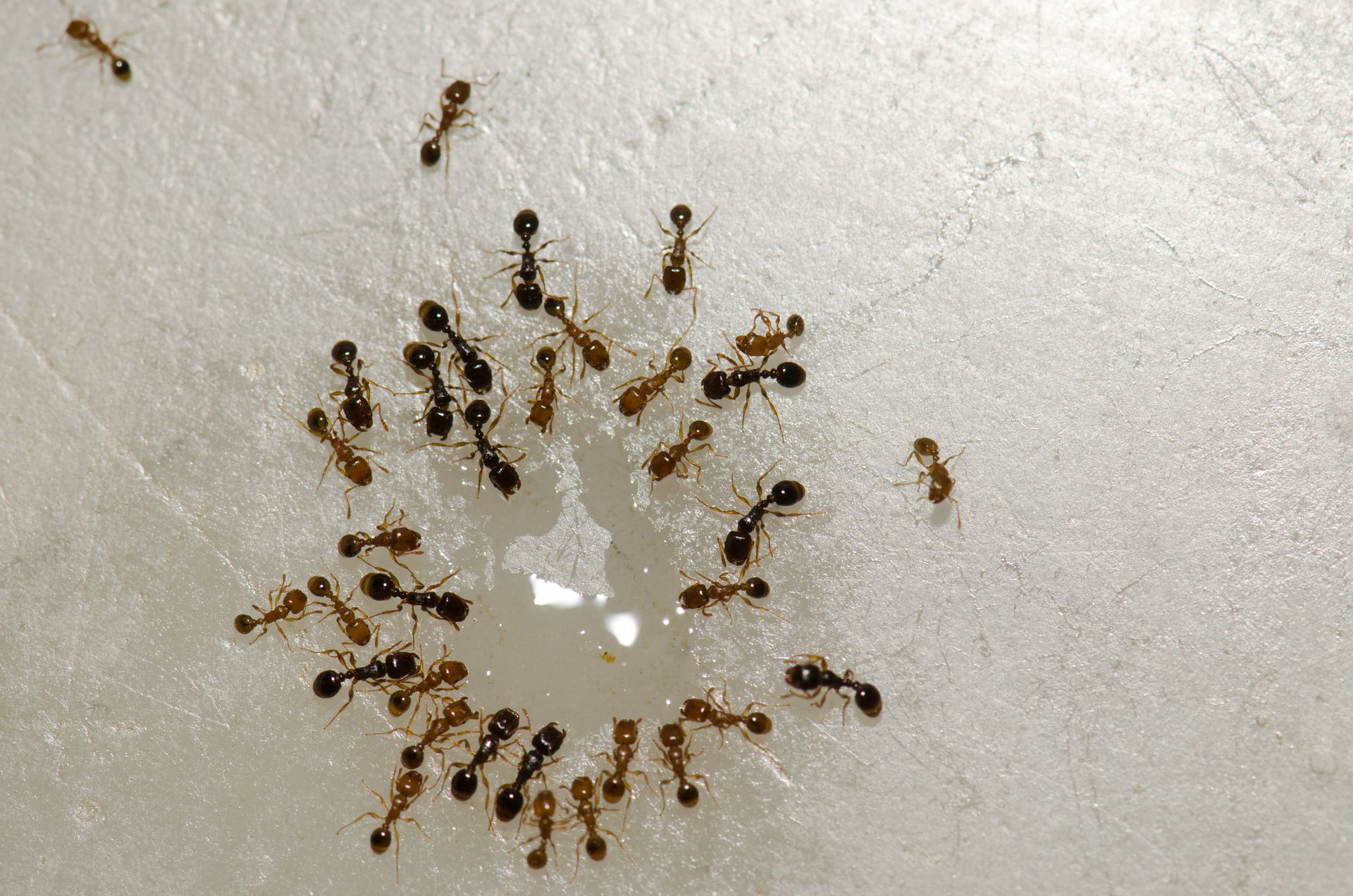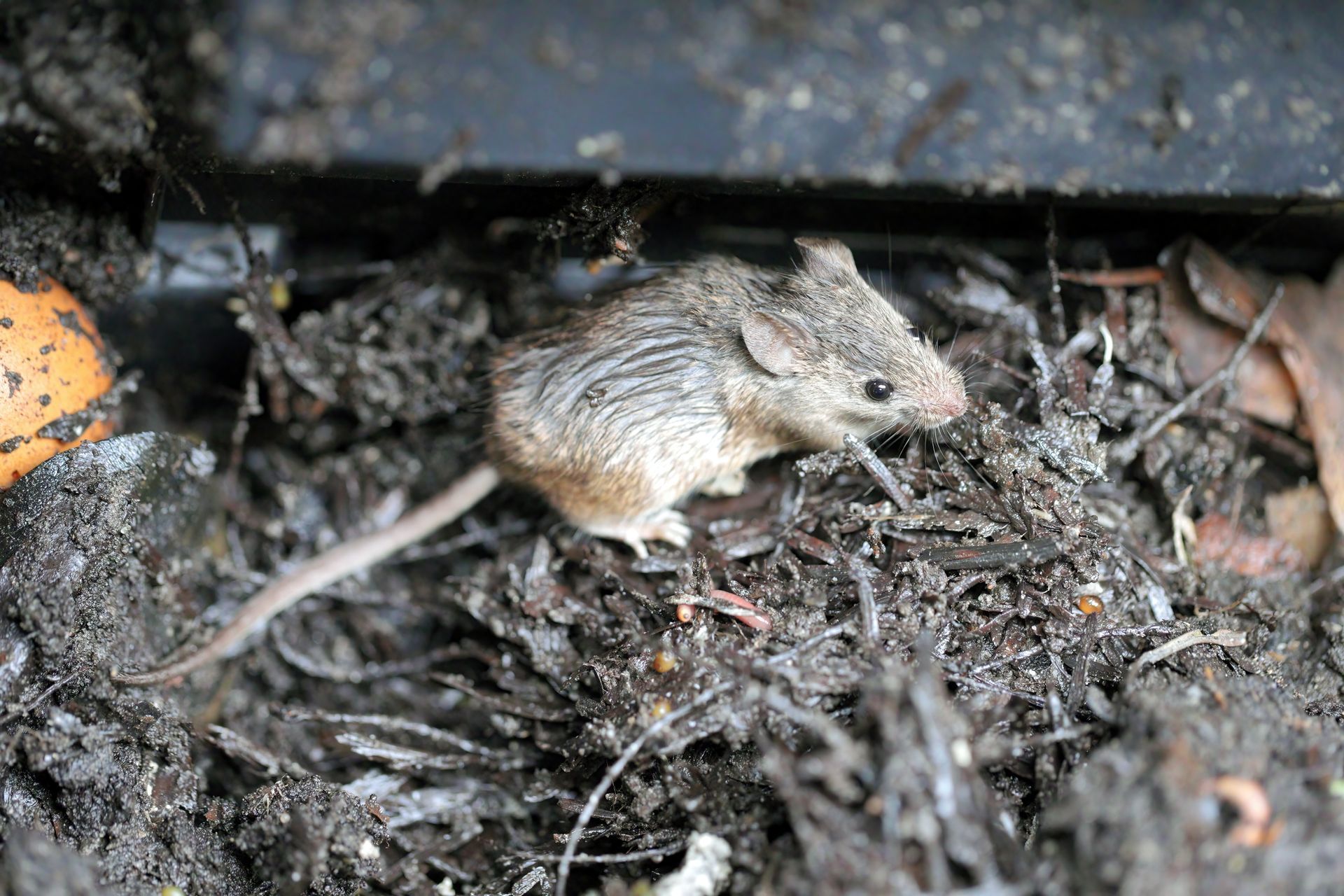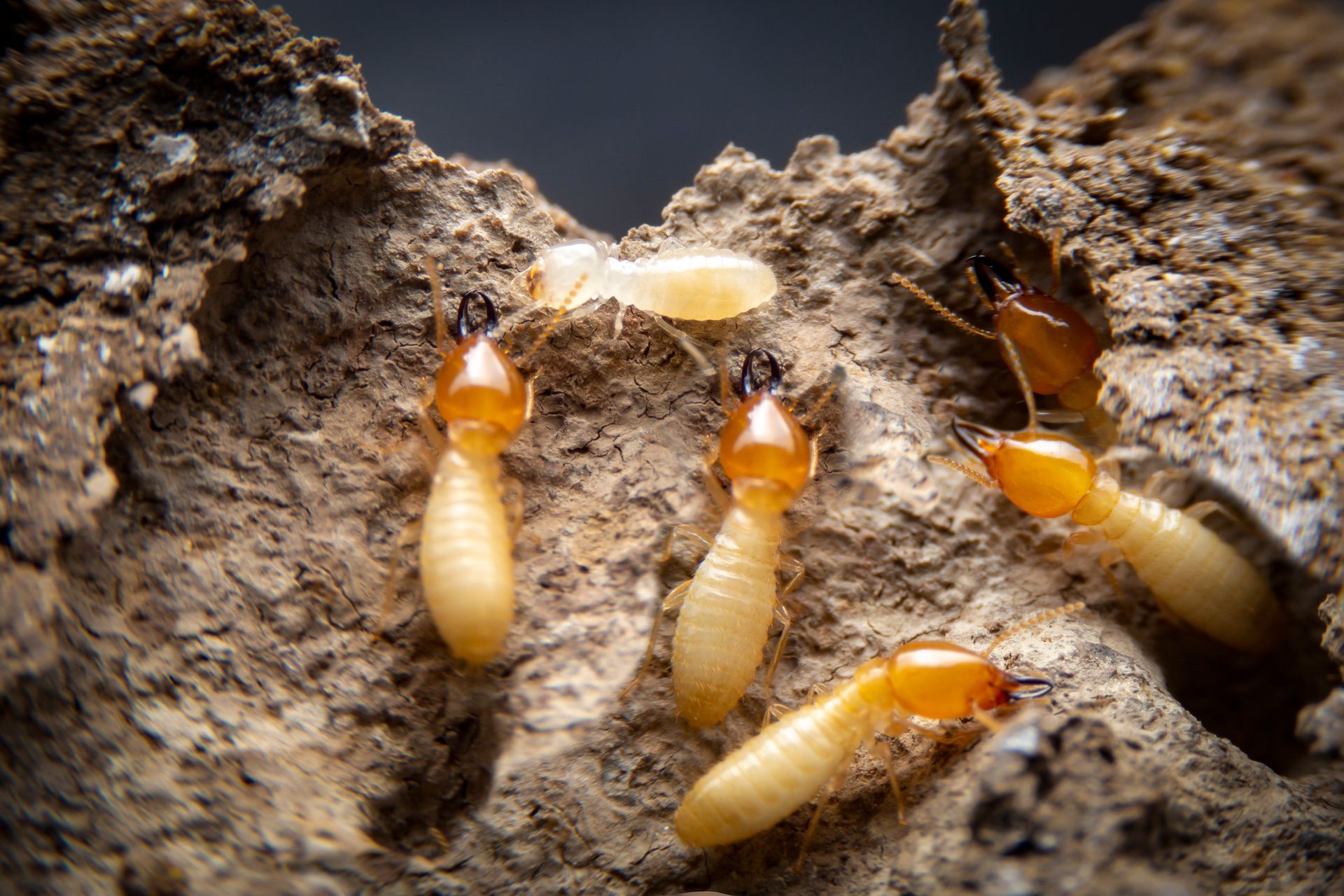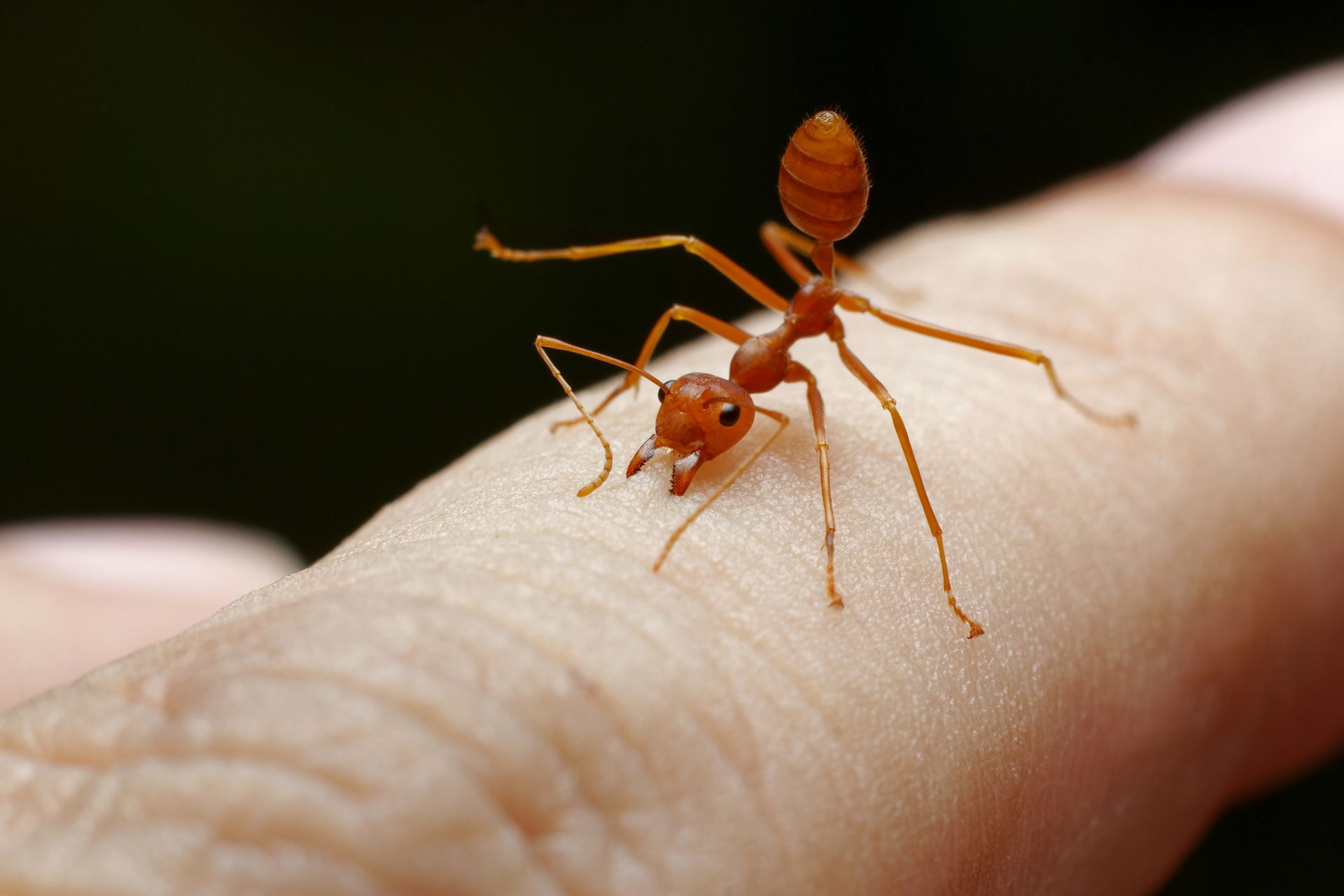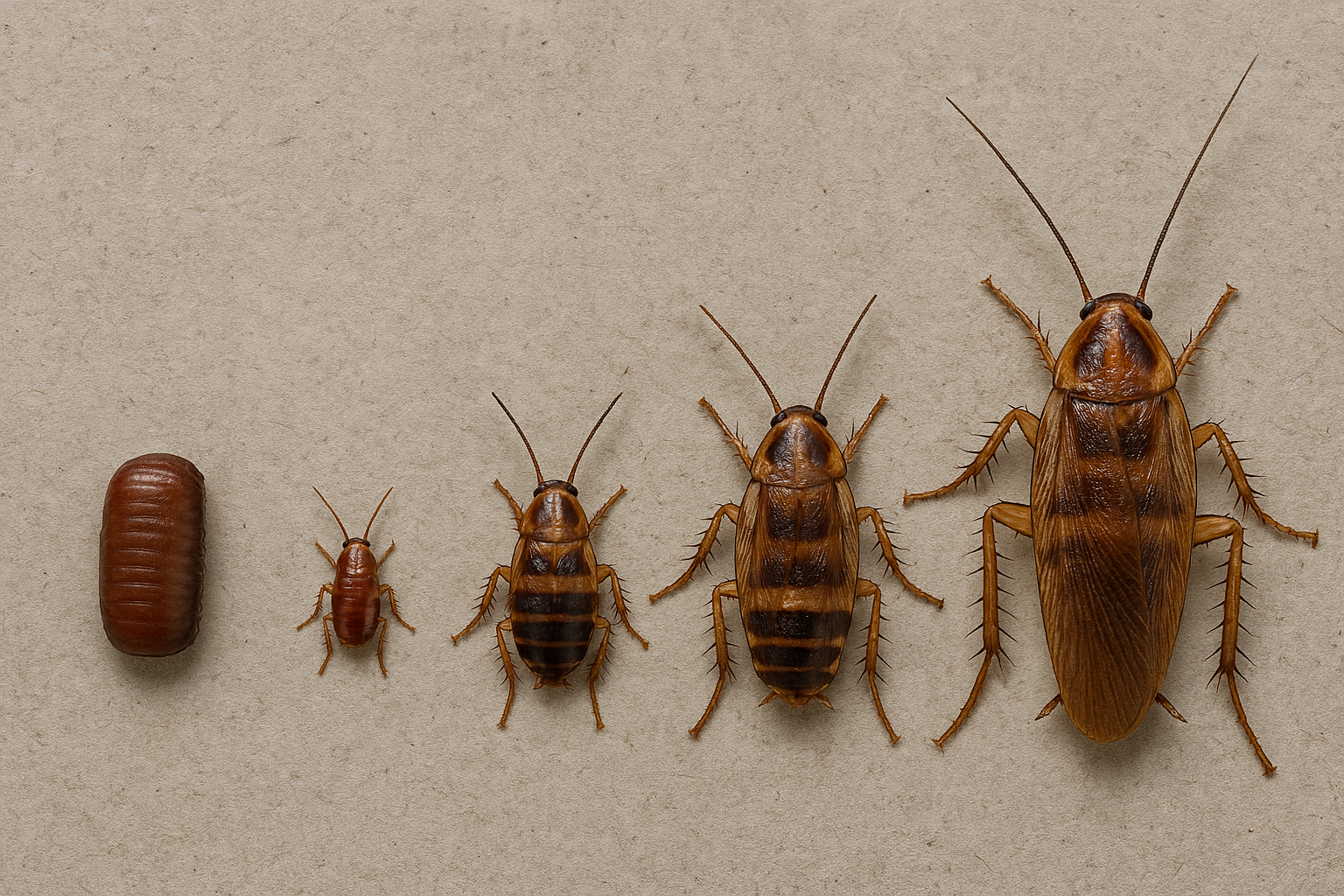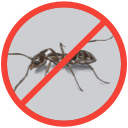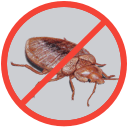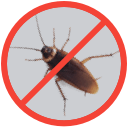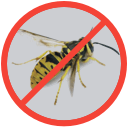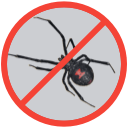How to Kill Scorpions and Get Rid of Them Permanently
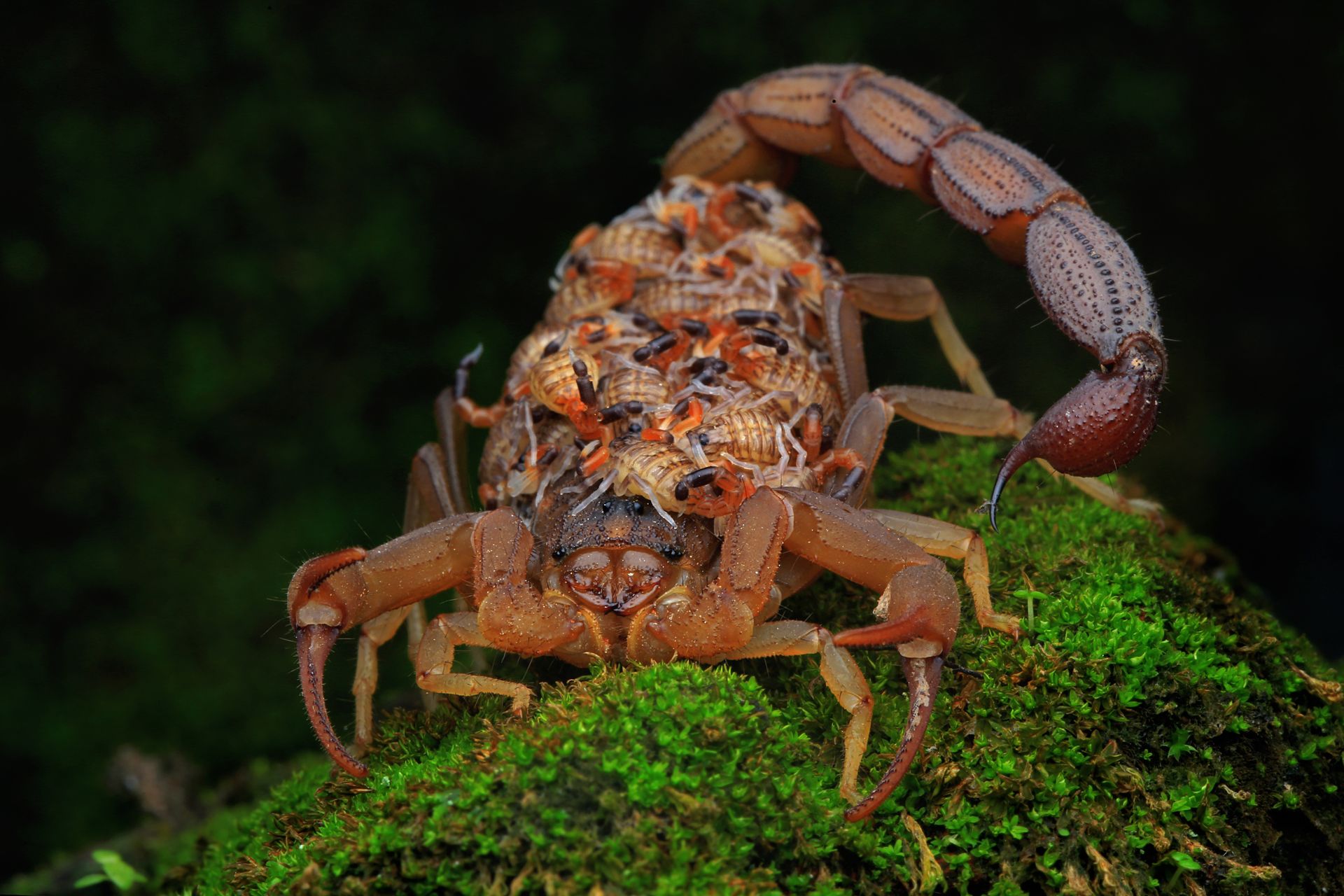
Scorpions are resilient creatures that can survive up to 15 years and endure extreme conditions like intense heat and radiation. They are extremely robust, which means that conventional pest control methods might not always be effective against them. While spotting a single scorpion on your premises might suggest the presence of more, they typically don’t move or nest in large groups. That doesn’t mean that the presence of one scorpion should be taken lightly, as one can still indicate that others could be attracted to the same space. To ensure thorough and permanent removal of scorpions, consulting with pest control professionals is recommended. If there is an immediate need to eliminate a scorpion, there are specific strategies that can be used. However, for comprehensive scorpion eradication, expert intervention is recommended.
Common Ways to Kill Scorpions
There are several common methods employed to effectively eliminate scorpions.
Chemical Pesticides
When scorpions cluster, a direct application of a specialized scorpion insecticide can be effective at killing them. Additionally, treating potential entryways into your home with pesticides can help prevent further intrusion. Always select an insecticide tailored for scorpions and safe for indoor use and ensure you follow the product's guidelines. It is important to remember that while chemical pesticides can effectively eliminate scorpions, they come with some risks. It's recommended that chemical methods are used only after non-chemical approaches have proven ineffective. Also, if they are to be used for larger infestations, it is best to let qualified professionals handle these chemicals so they can be applied safely and effectively.
Residual Insecticides
Residual insecticides require liquid application and are useful during the warmer months when scorpions are most active. Consider using encapsulated insecticides which easily mix with water. It's crucial to apply these insecticides around a structure's perimeter. The application should span 3 to 10 feet from the foundation while focusing on potential entry points, including windows, doors, plumbing, and garage spaces. Be sure to look for a liquid insecticide that dries invisibly, is odorless, and boasts a longer outdoor lifespan due to its encapsulated technology.
Insecticide Dusts
Insecticide dusts are particularly effective for treating hard-to-reach areas that are prone to insect entry like inside wall voids and attics. These dusts can be meticulously applied in cracks, crevices, around electrical fixtures, and door or window frames. For efficient application in expansive areas like attics, specific insecticide dusters are recommended. These devices can hold up to a pound of dust which allow for swift and comprehensive coverage.
Insecticide Spray
Scorpions belong to the arachnid family alongside spiders which means they can be effectively eliminated using many of the same insecticides. Common spider sprays found at local stores can be used to target individual scorpions. However, it's important to exercise caution when using these sprays because they contain chemicals that might pose some risk to household pets and children.
Shoes
For individual scorpions, they can often be effectively neutralized using direct physical methods. Stepping on them is usually enough to crush their protective exoskeleton. It is important to consider the proximity required for these methods which may put you at risk of being stung. If there is any doubt, it might be prudent to use a heavier object with more reach to maintain safety.
Blunt Object
Utilizing a blunt object like a shovel can be another effective method to neutralize scorpions. Using a blunt object that does not put you in danger of getting stung is recommended. It's also worth noting that certain scorpions possess the ability to flatten their bodies significantly which can make a strike ineffective if not done properly. To ensure the scorpion is dead, strike it multiple times or apply a twisting motion to crush it after it has been struck. A scorpion can be considered effectively dispatched when it ceases to move, or its body appears visibly fragmented.
Boric Acid / Borax
Boric acid and Borax are common household substances known to be effective scorpion killers. These chemicals are effective because they act as a desiccant that dehydrates the scorpion's exoskeleton as well as impacts their nervous system if consumed. This method is not instantaneous, and the scorpion will remain capable of stinging for a period after exposure. It's crucial to exercise caution around pets because boric acid can pose risks if inhaled or ingested by dogs and cats.
Diatomaceous Earth
Diatomaceous earth (DE) is a natural substance derived from the fossilized remains of diatoms which are microscopic aquatic organisms. DE is safe for both humans and pets and possesses abrasive properties that damage a scorpion's exoskeleton which leads to dehydration and eventual death. Its sharp-edged particles inflict microscopic cuts on a scorpion’s exoskeleton which cause scorpions to dry out as the fine powder draws out moisture. For effective use, sprinkle a light layer of DE in areas prone to scorpion activity including door thresholds, cracks, crevices, and other potential entry points. DE is also effective at controlling various other insects.
Sticky Traps
Sticky traps are commonly used for small rodents but are also effective in capturing scorpions. These traps should be strategically placed near water sources, dark hiding spots like closets, entry points, garages, or any areas that have scorpion activity. These adhesive traps not only help in reducing the scorpion population but also serve as a monitoring tool. By placing sticky traps strategically where scorpions are most likely to be, homeowners can see if there is any on-going activity by regularly checking their traps.
Professional Pest Control
For those apprehensive about dealing with scorpions directly, enlisting the services of a professional pest control agency is recommended. Professional scorpion exterminators can offer specialized solutions tailored to your situation which can range from manual scorpion hunting to pesticide applications. It's worth noting that while some pest control methods like using certain pesticides might be suggested, their effectiveness against scorpions can vary. This is why a professional integrated pest management approach is recommended. Always consult with the professionals to determine the best approach for your specific needs.
Natural Predators
Introducing natural predators is an eco-friendly approach to managing scorpion populations.
- Cats are known for their hunting prowess and can effectively dispatch scorpions. This strategy comes with the risk of potential stings or injuries.
- Poultry like chickens, Guinea fowl, and ducks can also significantly reduce scorpion numbers.
- Certain lizard species like the Texas horned lizard also prey on scorpions.
By fostering a welcoming environment for these natural predators in your outdoor spaces, you can naturally and sustainably keep scorpion populations under control.
Where to Find Scorpions
Scorpions are adept at finding concealed spots in homes and properties. They can effortlessly navigate through tiny openings in walls, floors, and foundations. Common hiding place for them include:
- Inside the hollow sections of block wall fencing which offers shelter and a rich hunting ground due to other pests seeking the same cool, dark spaces.
- Dark, moist environments like basements and crawl spaces provide them with the shelter and moisture they need to survive.
- Outdoor structures like sheds and garages are another attractive place for scorpions due to the protection and prey they offer.
- Clutter, both inside and outside the home, can serve as ideal hiding spots.
How to Prevent Scorpions
To effectively deter scorpions from your home and yard, proactive measures are essential. Scorpions, known for their ability to squeeze through tiny openings can infiltrate homes through gaps as narrow as a credit card. It's important to:
- Inspect and seal potential entry points, including around doors, windows, utility pipes, and vents using caulk or weatherstripping.
- Maintain a clutter-free environment, both indoors and outdoors to help reduce potential hiding spots for these arachnids.
- Ensure proper yard maintenance by trimming overhanging branches and removing debris or woodpiles.
- Address moisture sources promptly because scorpions are attracted to damp areas.
- Installing fine mesh screens on vents and windows can further prevent their entry.
- Consider using yellow or sodium vapor bulbs that are less appealing to scorpions because bright outdoor lighting attracts scorpions.
- Regular professional pest control treatments can offer an added layer of protection, in addition to controlling other pests like crickets which are primary food sources for scorpions.
What Scorpion Prevention Measures Don’t Work
While many DIY methods and home remedies claim to be effective against scorpions, it's essential to discern which ones might fall short.
- Ultrasonic devices which supposedly emit scorpion-repelling sound waves, lack substantial scientific backing and often yield inconsistent results.
- Another common misconception is the use of citrus peels or citrus-scented products. Although scorpions might not favor certain scents, relying solely on citrus as a deterrent isn't a comprehensive solution.
- Vinegar is another method that isn’t as effective as many make it seem to be. While it might momentarily deter scorpions due to its strong aroma, its rapid evaporation makes it an unreliable long-term repellent.
- While essential oils like cedar, lavender, or citrus might have some scorpion repellent properties, they shouldn't be the sole defense strategy.
All of these less than effective strategies might have some grain of truth behind their effectiveness, but they should be paired with other proven preventive measures for optimal results.
How to Get Rid of Scorpions Permanently
While various methods can temporarily deter or eliminate visible scorpions, ensuring long-term protection requires a more comprehensive approach. Scorpions can pose significant health risks due to their venomous stings, which can be especially dangerous for the elderly, young children, or those with allergies. For a lasting solution, it's highly recommended to seek the expertise of a professional pest control company. These scorpion extermination experts possess the knowledge, tools, and techniques to effectively tackle scorpion infestations. They can meticulously inspect your property, pinpoint scorpion hideouts, administer targeted treatments, and offer continuous monitoring and preventive measures to ensure a scorpion-free environment.
Contact EcoGuard Pest Management to Safety Exterminate Scorpions
While DIY methods can offer temporary relief, ensuring a scorpion-free environment requires a more specialized approach. If you're dealing with a scorpion problem, let EcoGuard Pest Management handle them so you can relax without worrying about the dangers that come with scorpion control. We possess the expertise and tools to provide a comprehensive solution tailored to your needs. With a proven track record in effectively managing and preventing scorpion infestations, EcoGuard is your trusted partner in ensuring the safety and comfort of your home. Contact EcoGuard Pest Management today to schedule an inspection of your property.


